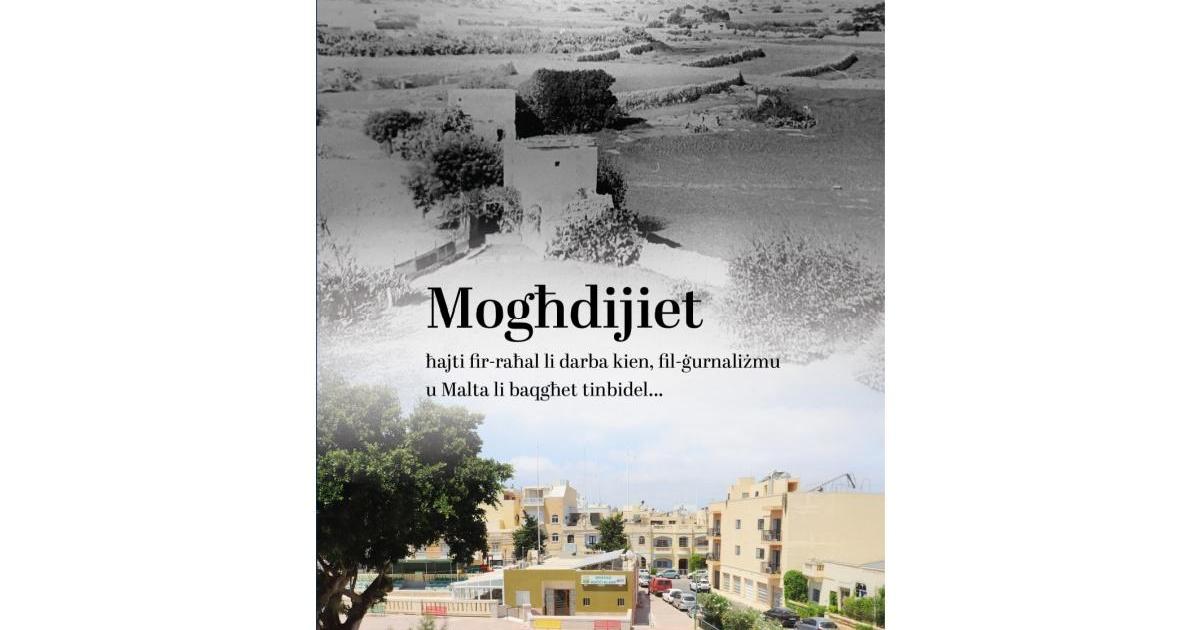By Times of Malta
Mogħdijiet. Ħajti fir-raħal li darba kien, fil-ġurnaliżmu, u Malta li baqgħet tinbidel… by John Inguanez, 2025 Recent months have seen the publication of two excellent accounts of journalism in Malta. The heirs of George Sammut, alias the original legendary Roamer of the Sunday Times of Malta, have published his Unfinished Business, a most readable account of his ups and downs in the profession which was unfortunately left unfinished due to his untimely death. The other journalist is surely less known especially to the younger generation, not only because he has retired over 20 years ago but because the work of a television or radio journalist has got less of a visible permanence about it. The older generation, however, surely remember John Inguanez for his calm, balanced television reporting, even during times which must have been hard for him to retain his equanimity. The Għaxaq John was born in, in 1944, was still a typical Maltese village still blessed with the old values of family, hard work, respect and a strong religious attachment. It was a village of barely 3,000 honest souls, divided though by strong festa piki. The new Sant government did bring the expected whirlwind with knives, hitherto sheathed, could now be safely brought out. It was not long before Inguanez moved to another post. The return of a Nationalist administration brought about a redress and new challenges as head of television broadcasting. Even there, he found himself the target of unfriendly fire in an ultra-sensitive environment where you get it if you do and you get it if you don’t. There was no lack of snipers with their own agendas. His departure from PBS, following the restructuring exercise in 2004, was embittered by yet another undeserved rejection for a post he felt most highly qualified for and a victim of manipulation. Ironically, his subsequent move to ETC would lead to his most satisfying period of employment, one duly recognised by an appreciative employer. Inguanez’s memoirs are a very pleasant recollections of growing up in a small Maltese village in the 1950s and early 1960s are bound to raise memories in readers of a certain age, while younger ones have a privileged peep at a charming world they have missed and will never come back. His accounts of his journalistic career, on the other hand, especially his years with radio and television broadcasting, provide yet another small tessera for future historians of the subject. Looking back on a fruitful career and life, with its ups and downs, Inguanez can find satisfaction that he always did what he felt was right. Regrets he has none, for he always did it his way.
